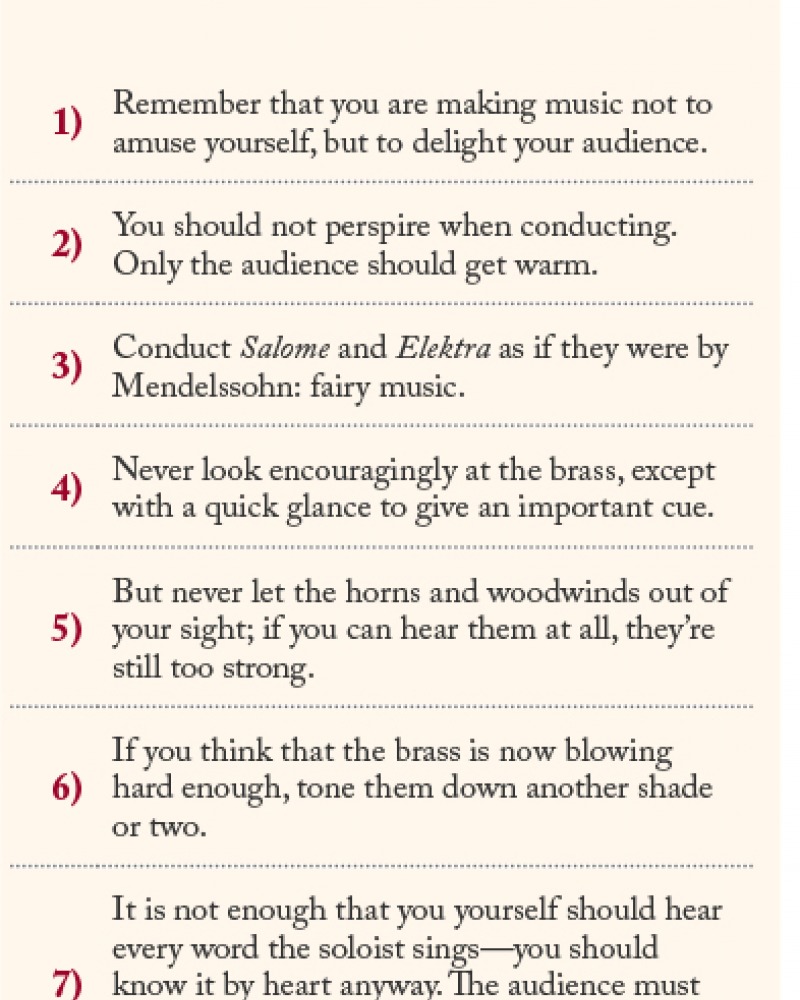Miscellany
A study of U.S. Supreme Court oral transcripts from 2004 to 2005 tabulated every instance the court reporter described a justice’s remarks provoking laughter. It found that Antonin Scalia had caused seventy-seven such episodes, while Clarence Thomas had caused zero.

